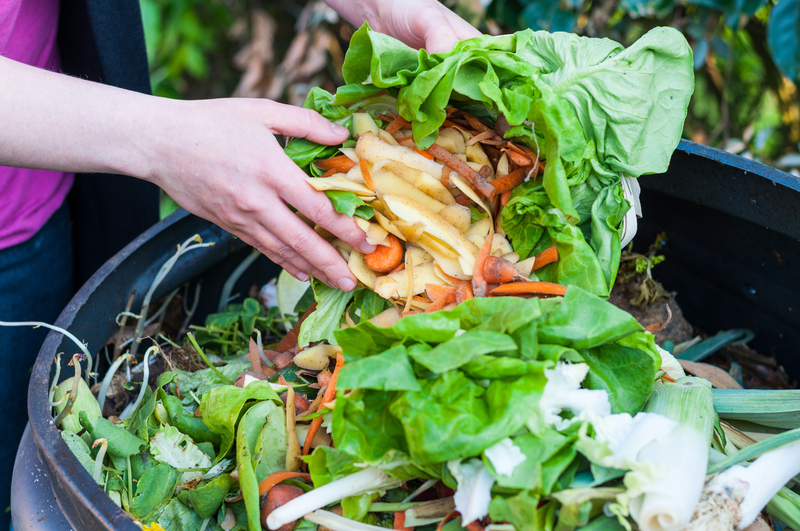The Future Lies in Plant-Based Plastics
In an era where sustainability is becoming more critical than ever, the spotlight is turning towards alternatives that not only reduce our carbon footprint but also provide viable functionality. Among the various eco-friendly innovations being developed, plant-based plastics are emerging as a promising solution. This article delves into the world of biodegradable plastics, exploring their potential to revolutionize industries that have been traditionally dependent on petroleum-based polymers.
Understanding Plant-Based Plastics
Plant-based plastics, also known as bioplastics, are derived from renewable biomass sources such as corn starch, sugarcane, and cellulose. Unlike traditional plastics that rely heavily on fossil fuels, bioplastics present a cleaner and more sustainable option. These materials can be engineered for various applications, ranging from packaging to medical devices.

The Technological Advancements
One of the critical drivers for the growth of plant-based plastics is technological advancement. Research and development have enabled the production of high-performance bioplastics that are not only biodegradable but also comparable in strength and versatility to conventional plastics. Innovations like polylactic acid (PLA) and polyhydroxyalkanoates (PHA) are receiving significant attention and investment for their potential to replace petrochemical-based plastics.
Environmental Benefits
The major advantage of plant-based plastics is their reduced environmental impact. Bioplastics typically decompose faster than traditional plastics when exposed to the right conditions, leading to less waste and lower levels of pollution. Moreover, bioplastics production generally emits less greenhouse gases, contributing to global efforts against climate change.
Economic Implications
The transition to plant-based plastics also has economic implications. Industries engaging in the production and refining of bioplastics could see new growth opportunities. From farming crops that can be converted into bio-based polymers to the development of new manufacturing processes, the bioplastics industry could be a significant job creator.
Challenges and Limitations
Despite the promising advantages, there are several challenges that bioplastics must overcome. High production costs, limited technical performance in certain applications, and a lack of comprehensive biodegradability are some hurdles that need addressing. Additionally, the current recycling infrastructure is not adequately equipped to handle bioplastics, leading to potential contamination of traditional plastic recycling streams.
Pros and Cons of Plant-Based Plastics
Pros:
- Renewable and sustainable source materials
- Reduced carbon footprint and lower greenhouse gas emissions
- Biodegradable and compostable options
- Potential for new economic opportunities and job creation
Cons:
- Higher production costs compared to conventional plastics
- Limited shelf life and performance in some applications
- Inadequate recycling infrastructure
- Potential competition for land used for food crops
Tips for Adopting Plant-Based Plastics
1. Educate Yourself: Understand the types of bioplastics and their appropriate applications.
2. Choose Wisely: Opt for bioplastics with certifications such as ASTM D6400 for compostability.
3. Support Regulation: Advocate for policies that promote the development and use of plant-based plastics.
4. Invest in R&D: Encourage investment in research to lower production costs and improve performance.
5. Collaborate: Work with suppliers and industries to create a sustainable supply chain for bioplastics.

Key Takeaways
- Plant-based plastics offer a sustainable alternative to petroleum-based plastics.
- Technological advancements are key in overcoming current limitations.
- Despite challenges, the environmental and economic benefits make bioplastics a promising field.
- Understanding and supporting the bioplastics industry can facilitate a smoother transition.
Conclusion
The future indeed lies in plant-based plastics as a sustainable solution to the world's growing plastic pollution problem. While there are challenges, the potential benefits make the pursuit of bioplastics an essential endeavor. By supporting continued research, adopting eco-friendly policies, and becoming informed consumers, we can collectively drive the shift towards a greener and more sustainable future.
The future of sustainability and environmental conservation lies in the adoption of plant-based plastics, which offer a renewable and biodegradable alternative to conventional plastics.




